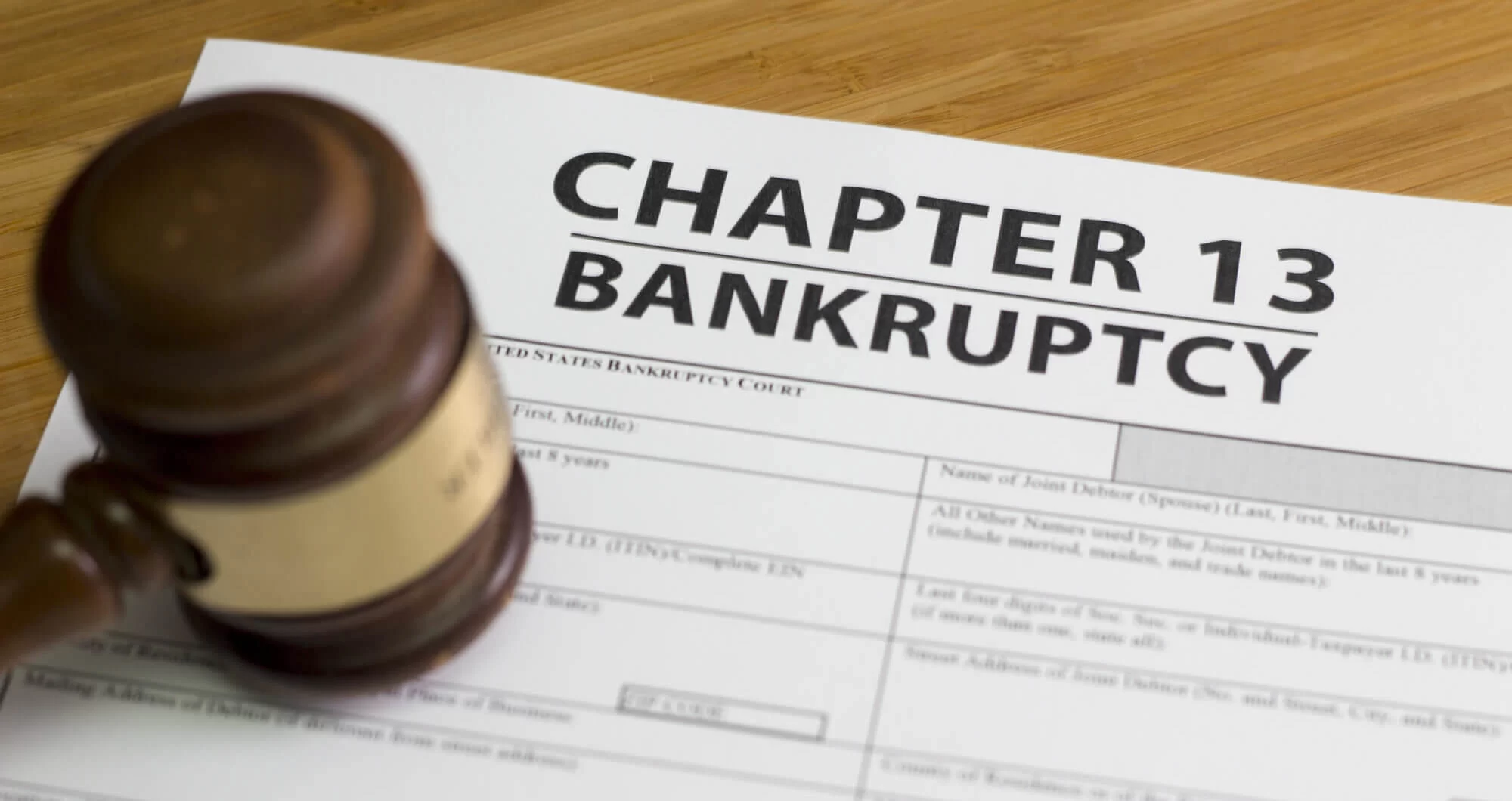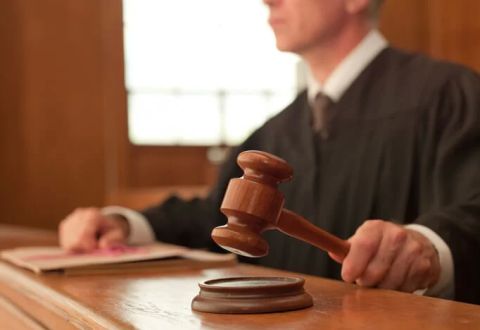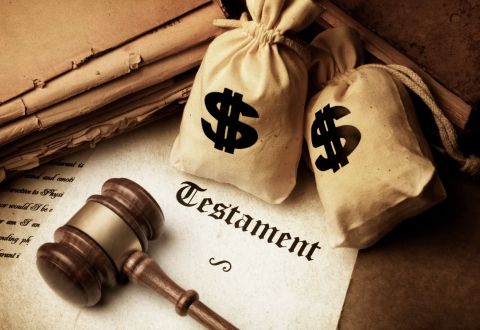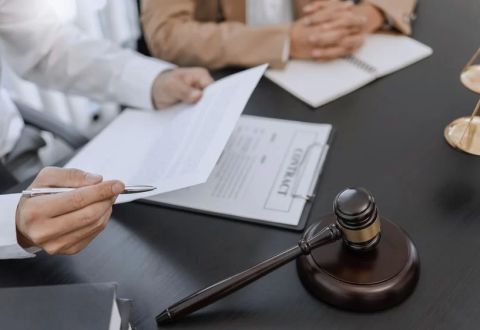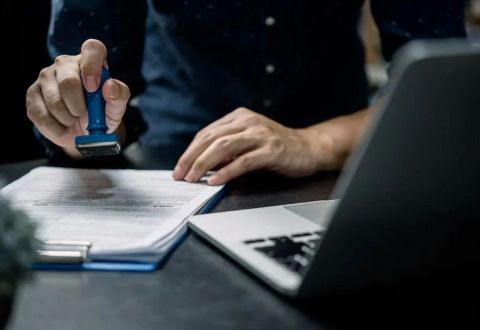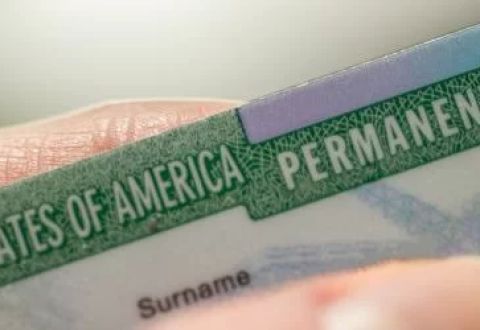Legal Help for Bankruptcy Discharge Disputes: How to Resolve Your Bankruptcy Issues
- 1. Understanding Bankruptcy Discharge
- 2. Why Do Bankruptcy Discharge Disputes Happen?
- 3. How Legal Help Can Resolve Bankruptcy Discharge Disputes
- 4. Real-Life Examples of Bankruptcy Discharge Disputes
- 5. How to Find the Right Bankruptcy Discharge Lawyer
1. Understanding Bankruptcy Discharge
In bankruptcy proceedings, a discharge is a court order that wipes out certain types of debts, providing a fresh start for the debtor. For individuals who have filed for Chapter 7 or Chapter 13 bankruptcy, the discharge means that they are no longer legally obligated to repay qualifying debts. However, not all debts are dischargeable, and the process is often complex and filled with potential obstacles.
A bankruptcy discharge is crucial for those seeking to regain financial stability, as it offers relief from overwhelming debt. Yet, not all creditors may accept the discharge, and sometimes, the discharge itself may be challenged by certain parties. Understanding this aspect of bankruptcy law is essential for anyone navigating through the process, particularly when facing potential disputes that could delay or undermine the discharge.
2. Why Do Bankruptcy Discharge Disputes Happen?
Bankruptcy discharge disputes can arise for a number of reasons. The most common causes include the following:
- Fraudulent Activity: If creditors believe the debtor has committed fraud, such as hiding assets or making false statements, they may challenge the discharge in court.
- Non-Dischargeable Debts: Some debts, like child support, alimony, and certain tax obligations, are typically non-dischargeable. If the debtor seeks discharge of these debts, a dispute may arise.
- Failure to Complete Bankruptcy Requirements: A debtor must comply with specific legal requirements during the bankruptcy process. Failing to complete credit counseling, file necessary paperwork, or follow court orders may result in a dispute.
- Creditor Objections: Creditors may object to the discharge if they believe that the debtor is not entitled to the relief, often based on the circumstances surrounding the bankruptcy filing.
These disputes can lead to delays in the bankruptcy process and may even result in the debtor losing their discharge or facing legal consequences. Therefore, it's essential to understand why such disputes happen and how they can be resolved.
3. How Legal Help Can Resolve Bankruptcy Discharge Disputes
When facing a bankruptcy discharge dispute, seeking legal help is crucial to protect your rights and ensure a fair process. An experienced bankruptcy attorney can provide the following assistance:
- Expert Advice: A bankruptcy lawyer can review your case, explain your options, and advise you on the best course of action to take.
- Representation in Court: If your discharge is being contested, a bankruptcy lawyer will represent you in court, defending your eligibility for a discharge and working to resolve the dispute in your favor.
- Negotiation with Creditors: Bankruptcy attorneys can negotiate with creditors who are objecting to your discharge, helping to resolve issues outside of court, if possible.
- Strategic Guidance: A lawyer can guide you through the process of fulfilling all bankruptcy requirements, avoiding any missteps that could trigger a dispute or delay the discharge.
In many cases, having legal representation can significantly improve your chances of a successful outcome, whether it's obtaining a bankruptcy discharge or resolving objections from creditors.
4. Real-Life Examples of Bankruptcy Discharge Disputes
To better understand the impact of bankruptcy discharge disputes, let’s look at a couple of real-life examples:
Case 1: Fraudulent Transfers – John filed for Chapter 7 bankruptcy in hopes of eliminating his credit card debt and medical bills. However, his creditors claimed that John had transferred a significant amount of property just before filing for bankruptcy, which they argued was fraudulent. With the help of his bankruptcy lawyer, John was able to present evidence proving that the transfers were not made with fraudulent intent, and the court ultimately ruled in his favor, granting his discharge.
Case 2: Unpaid Child Support – Sarah filed for Chapter 13 bankruptcy and believed she could discharge her substantial credit card debt. However, her ex-husband objected, claiming that she owed back child support, which is non-dischargeable. Sarah's attorney worked closely with her to show the court that her child support obligations were current, and as a result, the court ruled that the debt could not be discharged, but allowed her to discharge her other debts.
These examples highlight the importance of working with a knowledgeable bankruptcy lawyer to navigate disputes and ensure the best possible outcome. Bankruptcy is a complex legal process, and disputes can derail your progress if not handled properly.
5. How to Find the Right Bankruptcy Discharge Lawyer
If you’re facing a bankruptcy discharge dispute, the first step is finding the right lawyer. Here’s how to choose the best legal professional for your case:
- Experience and Expertise: Look for a lawyer who specializes in bankruptcy law, particularly in handling discharge disputes. They should have a proven track record of success in similar cases.
- Reputation: Research reviews, testimonials, and recommendations from other clients who have been through the bankruptcy process. A lawyer with a strong reputation is likely to provide high-quality legal assistance.
- Free Consultation: Many bankruptcy attorneys offer free consultations. Take advantage of this opportunity to discuss your case and determine if the lawyer is a good fit for your needs.
- Clear Communication: Choose a lawyer who communicates clearly and is willing to explain the complexities of your case in layman’s terms. You want a lawyer who is approachable and listens to your concerns.
By selecting the right attorney, you increase your chances of resolving the dispute in your favor and moving forward with your bankruptcy discharge.
If you're dealing with a bankruptcy discharge dispute, don’t navigate it alone. The right legal help can make all the difference in ensuring a successful resolution. Reach out to the professionals at Free Range Lawyers for expert advice and legal representation. Our experienced attorneys are here to help you get the fresh start you deserve.
